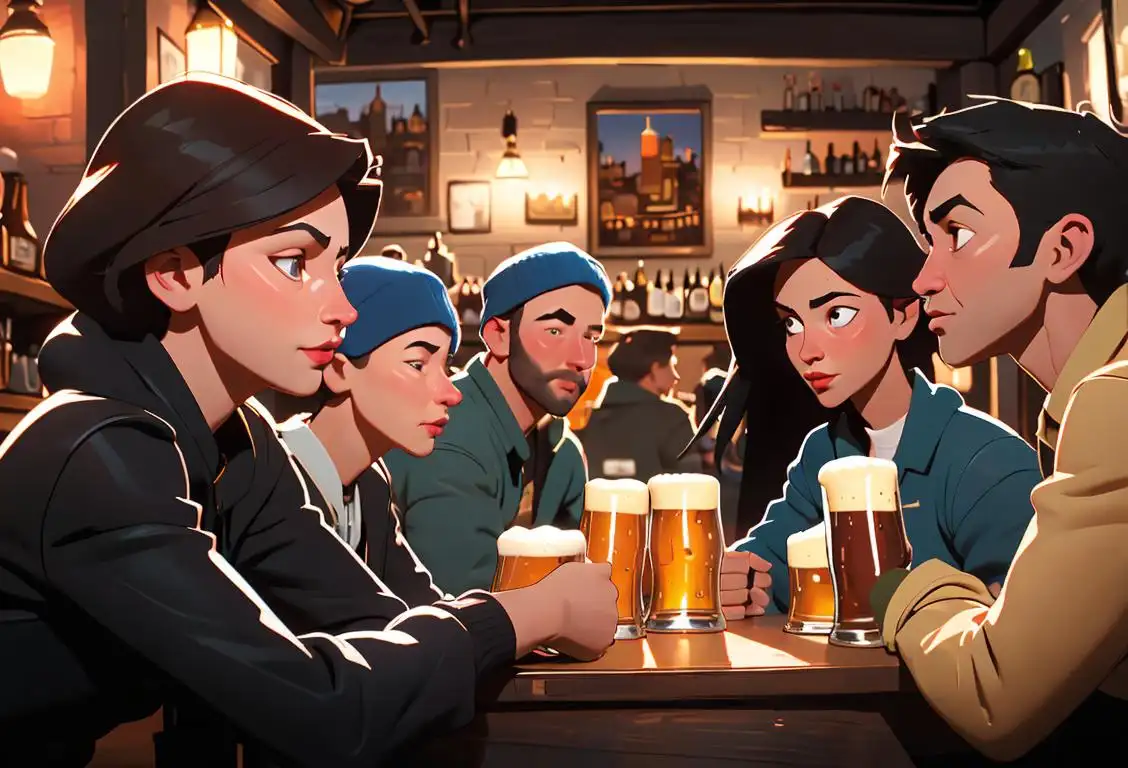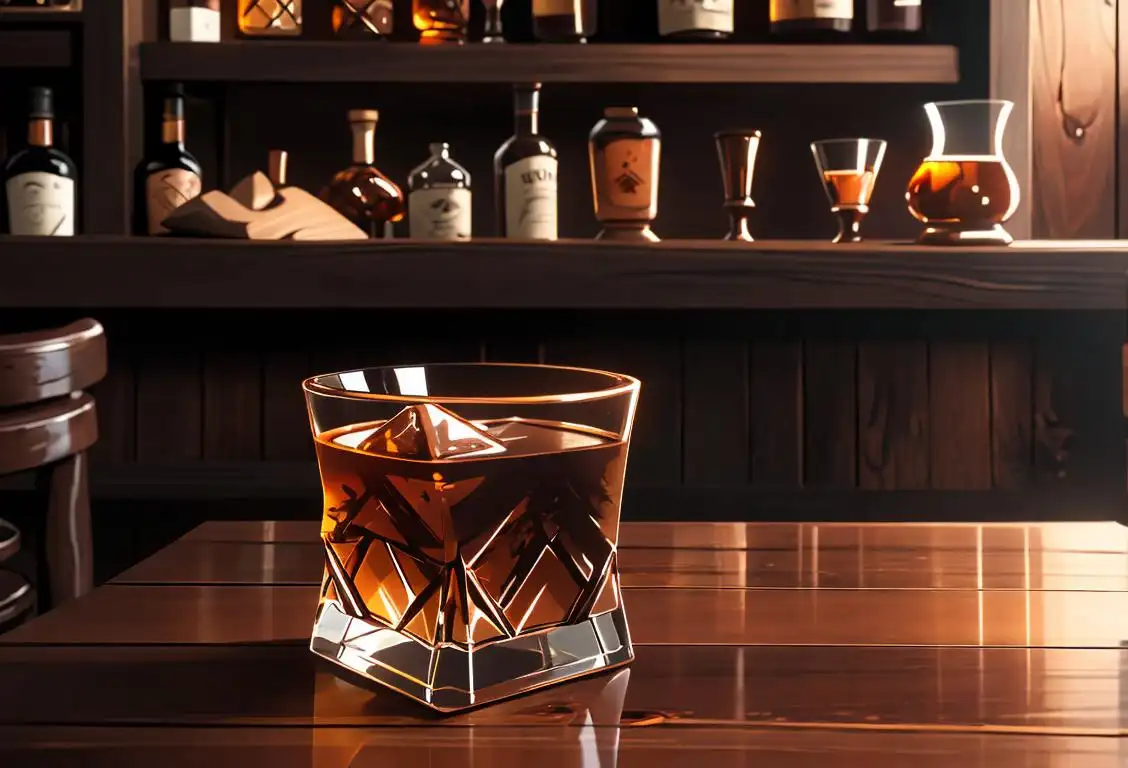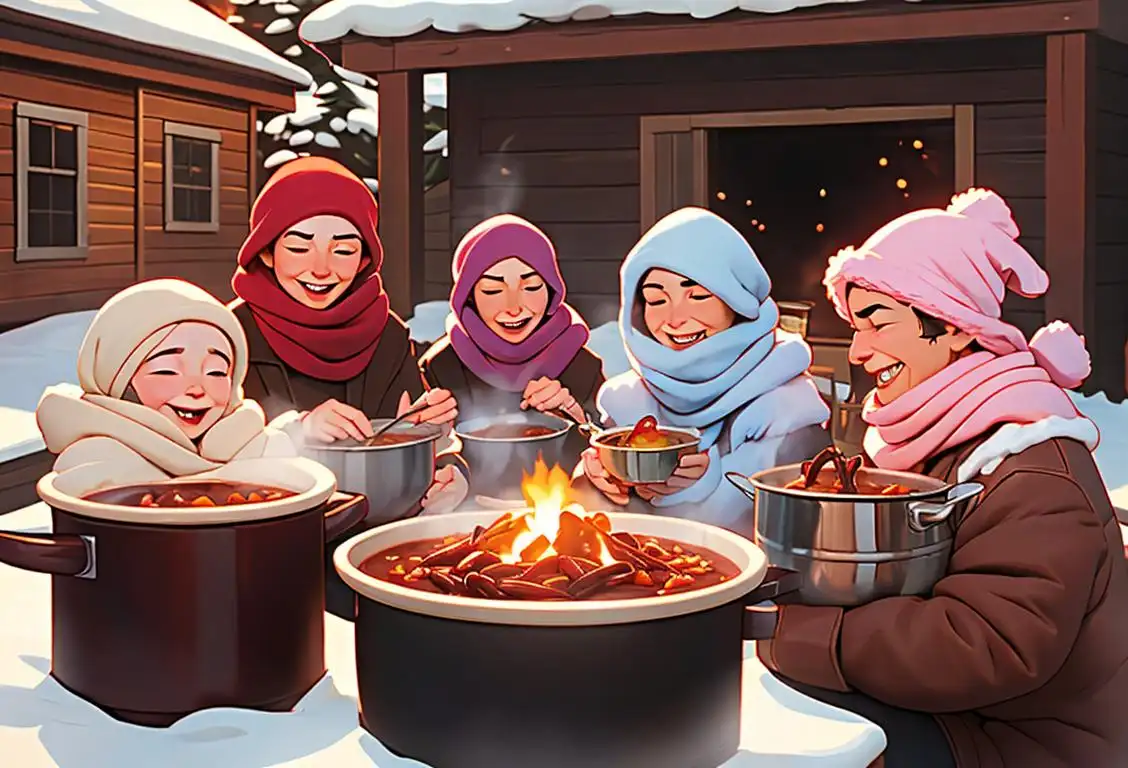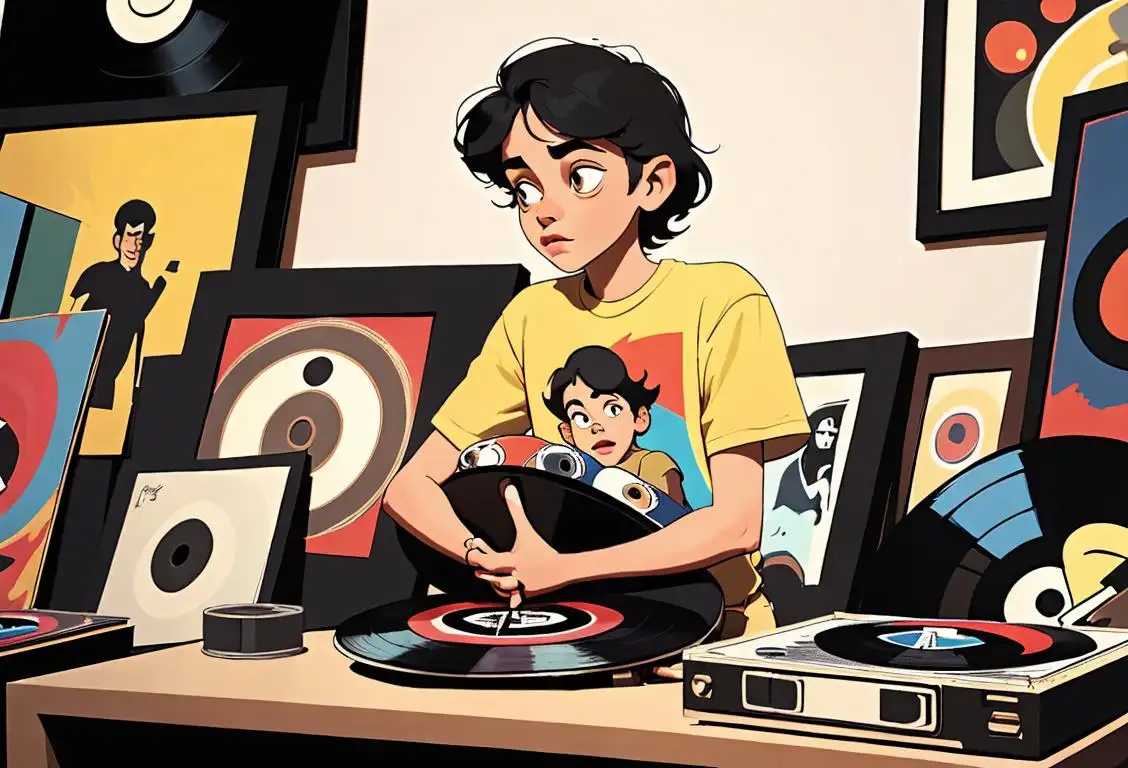National Bootleggers Day
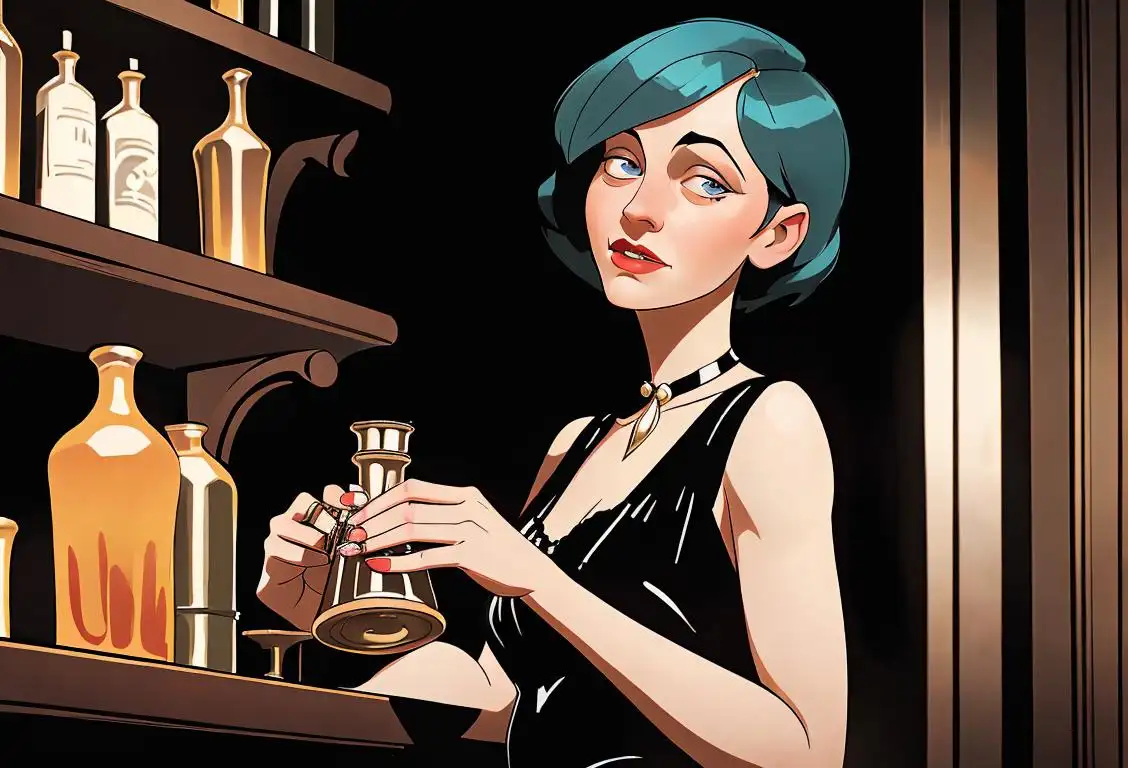
Welcome to WhatNationalDayIsIt.com, where we celebrate all the quirky and fascinating national days! Today, we're diving into the intriguing world of National Bootleggers Day - a day that pays homage to the clandestine figures who kept the spirits flowing during Prohibition.
When is Bootleggers Day?
It's national bootleggers day on the 17th January.
A Sip Back in Time
Picture this: it's the 1920s, and the United States has embarked on a noble but rather misguided adventure called Prohibition. Alcohol, once a beloved staple of social gatherings and toast-worthy occasions, is suddenly illegal. But where there's a will, there's a way, and that's where bootleggers come in.
These sneaky entrepreneurs were the ones who took advantage of the nation's thirst for forbidden libations. Bootleggers found loopholes and secret spots to distill, transport, and sell alcohol under the noses of law enforcement, from hidden speakeasies to covert liquor delivery operations.
One famous bootlegger was the notorious Al Capone, who built an empire supplying millions with illegal booze. His ingenuity and entrepreneurial spirit earned him the nickname 'Scarface' and made him a household name. Bootleggers like Capone became legends, both for their remarkable success and for challenging the status quo.
History behind the term 'Bootleggers'
1883
The Origins
The term 'bootleggers' first originated in the United States in 1883. It was used to describe smugglers who would hide flasks of alcohol in their boots, hence the name 'bootleggers.' These individuals would illegally import and distribute alcohol during the Prohibition era, which began in 1920.
1920
Prohibition Era
In 1920, the United States implemented the Prohibition laws, banning the production, sale, and distribution of alcoholic beverages. This led to a rise in the bootlegging industry as people sought ways to circumvent the restrictions on alcohol. Bootleggers became notorious for their role in the illegal alcohol trade, smuggling and producing alcoholic beverages in hidden locations.
1925
Hidden Speakeasies
During the Prohibition era, bootleggers often operated hidden speakeasies. These were secret establishments where people could gather to consume alcohol in violation of the law. Bootleggers supplied these underground bars with their illicit products, creating a social scene that thrived despite the legal restrictions.
1933
Repeal of Prohibition
In 1933, the Prohibition laws were repealed with the ratification of the 21st Amendment to the United States Constitution. With the end of Prohibition, the bootlegging industry declined significantly as legal alcohol production and distribution resumed. However, the term 'bootleggers' endured as a symbol of the era and their illicit activities.
Present
Cultural Impact
The term 'bootleggers' has transcended its original meaning and has become deeply embedded in American cultural history. It is often used metaphorically to describe individuals involved in the illegal production or distribution of any goods. Furthermore, the stories and legends surrounding bootleggers during the Prohibition era continue to captivate popular imagination, immortalizing them as cunning and resourceful figures in American folklore.
Did you know?
Did you know that the term 'bootlegging' originated from the practice of hiding liquor flasks in the tops of knee-high boots, hence the name? Bootleggers truly wore their trade on their feet!Tagged
fun celebration historyFirst identified
17th January 2016Most mentioned on
17th January 2021Total mentions
346Other days
Lasagna Day
Hot Chocolate Day
Beer Lovers Day
Umbrella Day
Bourbon Day
Martini Day
Video Game Day
Chili Day
Vodka Day
Album Day


